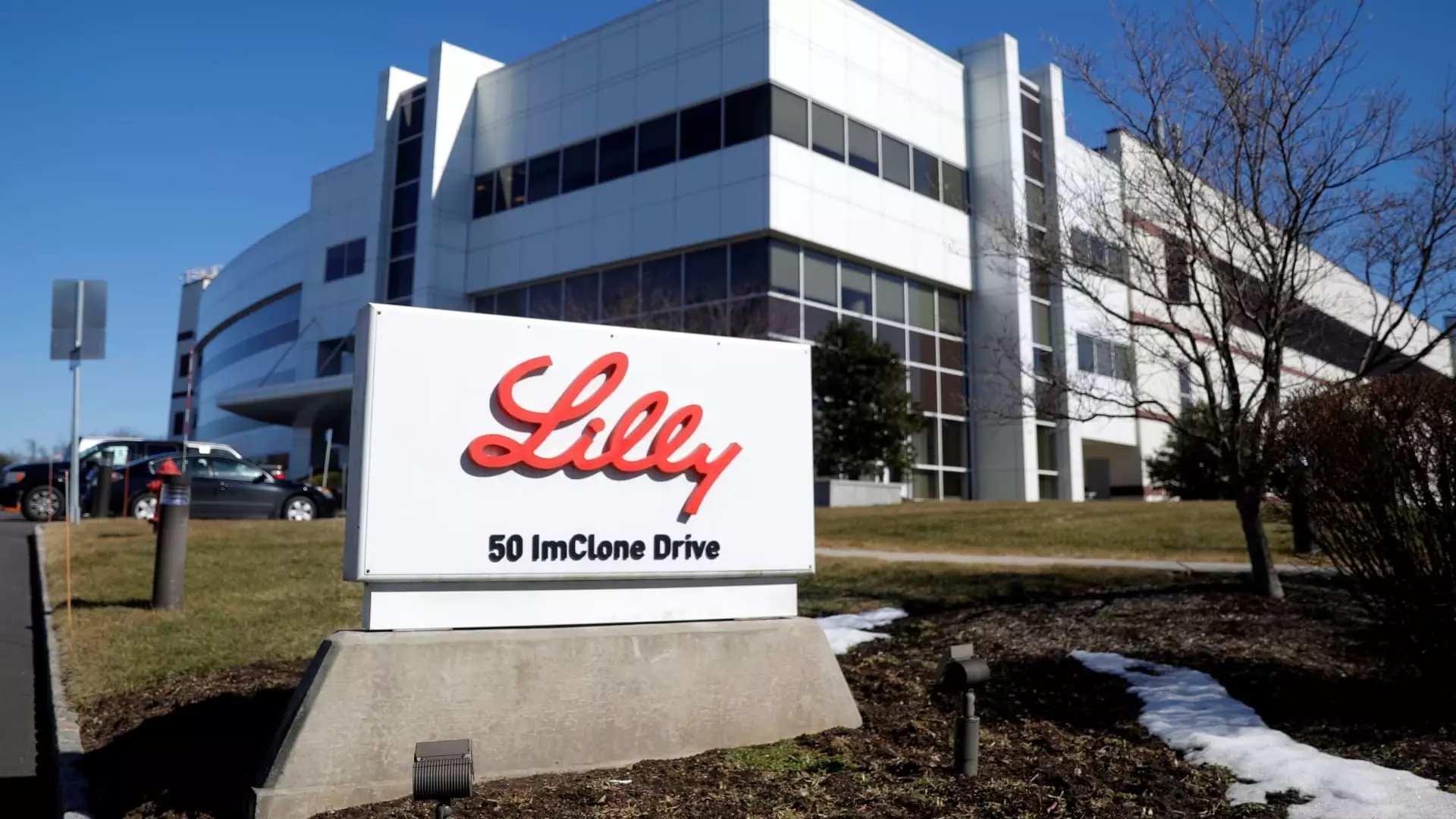Eli Lilly has seen a surge in demand for its weight loss and diabetes treatments in recent times, which has led to a significant increase in its revenue. The outgoing Chief Financial Officer, Anat Ashkenazi, highlighted the company’s success in managing the windfall from its diabetes injection Mounjaro and obesity drug Zepbound. This success has positioned Eli Lilly as a key player in the pharmaceutical industry, with the potential for even more growth in the future.
Despite its success, Eli Lilly has encountered challenges in meeting the unprecedented demand for its treatments. The company, along with its rival Novo Nordisk, has struggled to manufacture an adequate supply of their drugs, leading to nationwide shortages. These drugs, known as GLP-1 agonists, play a crucial role in suppressing appetite and regulating blood sugar levels. Analysts predict that the market for these drugs could reach $100 billion by the end of the decade.
To address the challenges of supply shortages, Eli Lilly has invested heavily in scaling up its manufacturing operations. Ashkenazi emphasized the company’s commitment to reinvesting its revenue back into the business to expand its manufacturing facilities. Eli Lilly has several manufacturing sites under construction or in the process of ramping up production, with the goal of getting more medicine into the hands of patients.
One major barrier to patient access to weight loss drugs in the U.S. is limited insurance coverage. Some employers and health plans are hesitant to cover GLP-1s due to their high costs, which could strain their budgets. Ashkenazi noted that Eli Lilly is working to improve coverage for Zepbound, with approximately 67% commercial coverage as of April 1. The company is also advocating for increased coverage of weight loss drugs under federal Medicare programs.
Eli Lilly is actively researching the use of tirzepatide, the key ingredient in Zepbound and Mounjaro, for treating various health conditions beyond obesity and diabetes. The company is also exploring ways to expand insurance coverage for obesity treatments that offer additional health benefits. Ashkenazi hopes that through these efforts, the perception of obesity as a chronic disease rather than a lifestyle choice will change, leading to better acceptance and coverage of weight loss drugs.
Eli Lilly’s success in the pharmaceutical industry is driven by its innovative treatments for weight loss and diabetes. Despite facing challenges in meeting demand and securing insurance coverage, the company remains committed to investing in its manufacturing capabilities and expanding patient access to life-changing medications. With a strong focus on research and development, Eli Lilly is poised to continue making a significant impact on the healthcare landscape in the years to come.


Leave a Reply